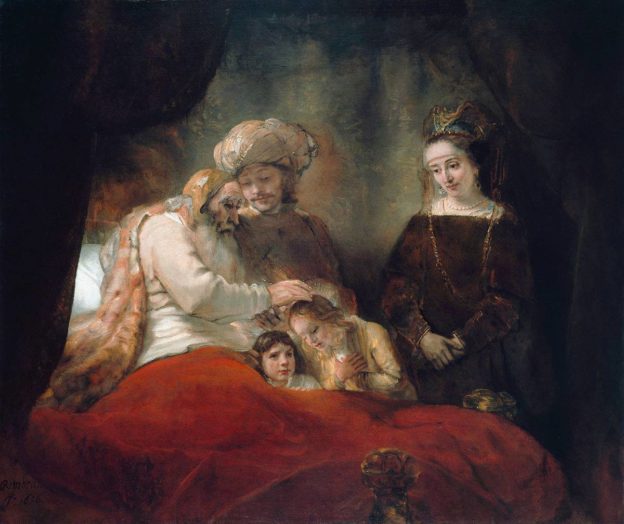Summary
God’s people were afflicted by troublesome priests. They were supposed to lead God’s people in pure worship, but had turned religion to ritual, and the people’s lack of belief in God’s love had led to cold hearts and empty worship. The priests failed to teach God’s love, and God’s promises symbolised in the rebuilt temple. The people did not follow God’s commands, and so corruption was rife, and justice was absent.
In the third message of God to his people through Malachi, the corrupt practices of the priests are brought into focus. In verses 1 to 9 of chapter 2, God announces a curse on the prophets, because they had not lived up to their calling, and instead had corrupted their practices and worship.
Our passage explained
v1-7
In verses 1 to 3 of chapter 2, God announces a curse on the priests. “If you will not listen, if you will not take it to heart to give honour to my name, says the LORD of hosts, then I will send the curse upon you and I will curse your blessings” (v.2). The priests offered impure, unacceptable sacrifices to God, and announced God’s blessing despite this, so God promised that if they continued in these practices they and their blessings would be cursed.
The curse would extend to a rebuke on their offspring (who would be future priests). The priests themselves would be treated as unclean and banished from the temple (v.3). The priests, who were supposed to be holy, would be treated like the offal and dung of their sacrifices and removed from God’s presence.
The reason for the curse is that the priests had failed in their calling (vv.4-7). God called Levi’s tribe to serve as his priests and servants in the midst of Israel, which Malachi calls “my covenant with Levi” (v.4). Their duties were to teach and rebuke, bringing life and peace with God to those who listened (v.5), and awe-filled worship of God (v.6).
The priests were the teachers of God’s people. They were responsible for teaching God’s law. In verse 6, this is described idealistically as “true instruction was in [Levi’s] mouth, and no wrong was found on his lips.” The priests walked with God, and led others to turn away from their sins. This was the ideal which they were called to: as God’s messenger, “the lips of a priest should guard knowledge, and people should seek instruction from his mouth” (v.7).
v8-9
Sadly the priests had not lived up to the ideal, but instead were known for their corruption (8-9). They had “turned aside from the way… caused many to stumble by [their] instruction” and “corrupted the covenant of Levi” (v.8). Instead of teaching the righteous law of God and his gracious mercy to his people, they taught “dead orthodoxy” or led the people astray like false teachers.
Moreover, they showed partiality in their teaching (v.9), giving special treatment to the rich and powerful over the poor and powerless, a particularly disgusting thing in God’s eyes. For this, God would make them “despised and abased before all the people”, so they would get the opposite of what their special treatment was designed to get: power for themselves.
Our passage applied
For God’s Teachers
The curse handed down on these God’s troublesome priests is a reminder that God pays particular attention to the teaching of his people. The book of James tells us that not many should want to become teachers, because God will judge them more strictly (James 3:1). Teachers play a particularly important role as undershepherds, helping guide “the flock” in the way and how to honour and serve God.
Teachers of God’s people must remember to instruct all of God’s word, as he has announced it. They should try not to sugar-coat it or deliver messages which please the wealthy and powerful, and leave the poor and oppressed weary and suffering in their sins. The preacher is God’s messenger, instructing and guiding God’s people in holiness.
For God’s People
As God’s people, we must listen to God’s messenger, and encourage him to preach and teach without fear of man or the favour of any people. As the preacher explains to us God’s words, he helps us to: walk in God’s ways, be thankful and worshipful for God’s saving acts, and helps us to turn from our sins. He helps us, as priests of the New Covenant, to go and teach others to serve and worship God.
But we can also be thankful that even though the best undershepherds God gives us are sinners and fall short of their calling; we have a true and faithful priest and teacher in Jesus. Jesus did not care if his listeners were rich or poor; he faithfully taught anyone of any position, and intercedes for all who believed.
Jesus is God’s messenger to the highest extent, who fulfilled the priestly calling in all its duties and roles. He bore the curse meant for us, so that we may be blessed by God. As we follow Jesus and listen to his instruction, we will have life and peace with God.
Resources
Questions? Please contact us. Inspired? Come and worship with us on Sundays.











